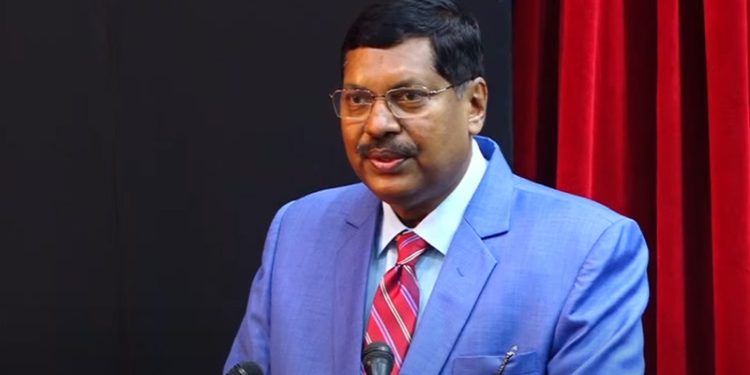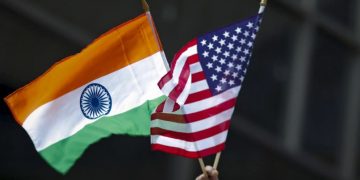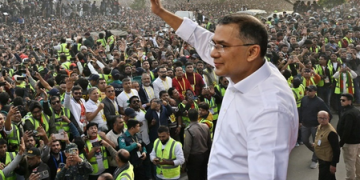Amaravati: Chief Justice of India BR Gavai Sunday affirmed that he is still for the exclusion of creamy layer in reservations to the Scheduled Castes.
Addressing a programme “India and the Living Indian Constitution at 75 Years”, Gavai opined that children of an IAS officer can not be equated with the offsprings of a poor agricultural labourer when it comes to reservations.
“I also went further and took a view that the concept of creamy layer, as has been found in the judgment of Indra Sawhney (vs Union of India & Others). What is applicable to the Other Backward Classes, should also be made applicable to Scheduled Castes, though my judgment has been widely criticised on that issue,” Gavai said.
“But I still hold that judges are not supposed to normally justify their judgments, and I still have about a week to go ( retirement),” Justice Gavai further said.
The CJI said over the years, equality or women empowerment is gaining momentum in the country and the the discrimination which was meted out to them was strongly criticised.
He said before he is set to end his journey as the Chief Justice in a couple of days, the last function that he attended happened to be again at Amaravati of Andhra Pradesh while the first one after becoming the CJI was at his native place Amravati in Maharashtra.
Justice Gavai observed in 2024 that states must evolve a policy for identifying the creamy layer even among the Scheduled Castes (SC) and Schedule Tribes (ST) and deny them the benefit of reservation.
Asserting that the Indian Constitution is not “static”, Justice Gavai said Dr BR Ambedkar always considered that it has to be evolving, organic, and a state-of-the-art living document as Article 368 provides for the amendment of the Constitution.
“On one hand Dr Ambedkar was criticised that the powers to amend the Constitution are too liberal, and on the other hand, it was criticised that some of the amendments require ratification by half of the states, and two-third majority of the parliament, and it was difficult to achieve an amendment in this manner,” he said.
According to him, DR Ambedkar’s addresses during the presentation of the draft Constitution in the Constituent Assembly are the most important speeches which every student of law should read.
Quoting Ambedkar he said equality without liberty will take away an incentive of a human being to excel in his life and liberty alone would lead to supremacy of the powerful over the weaker. The trinity of equality, liberty and fraternity would be necessary to take the country forward in achieving the social and economic justice.
He said it is because of the Constitution, India had two Presidents from among Scheduled Castes and also the incumbent is a woman from Scheduled Tribe.
“Coming from a humble background from a school, predominantly in a semi-slum area in Amravati, a municipal school, I could reach the highest office in the judiciary and contribute in my humble way to nation building only because of the Constitution of India,” Gavai said.
He said the Indian Constitution stands on the four pillars of justice, liberty, equality, and fraternity.
PTI





































